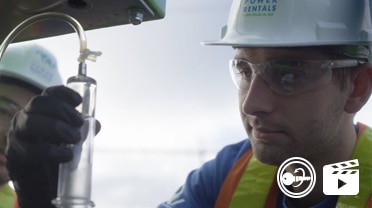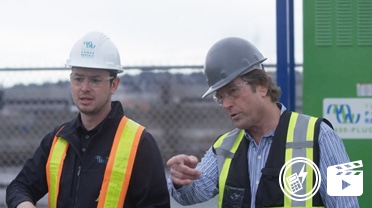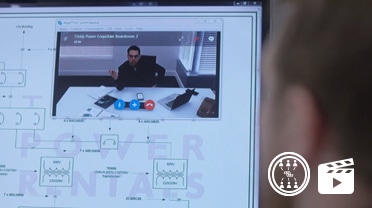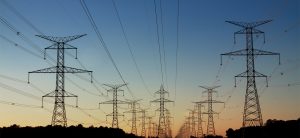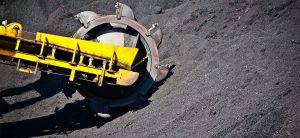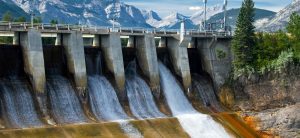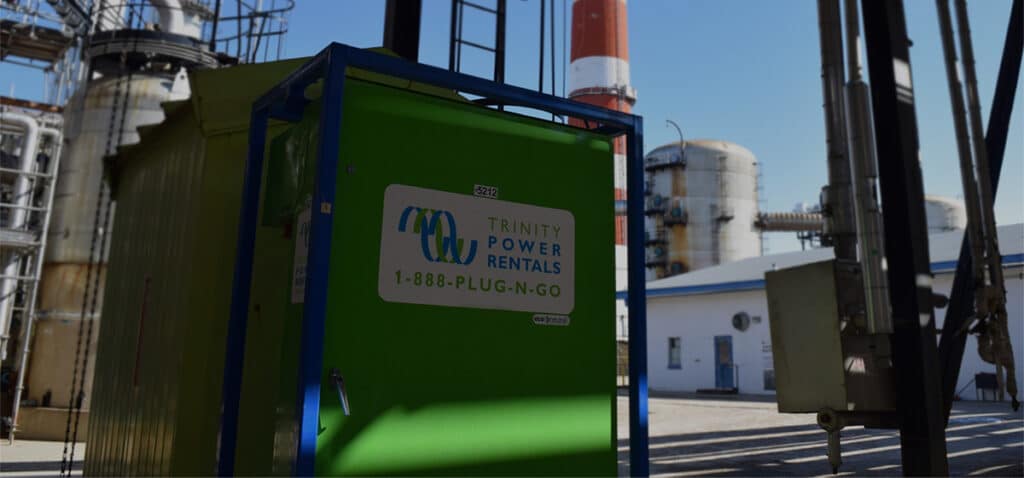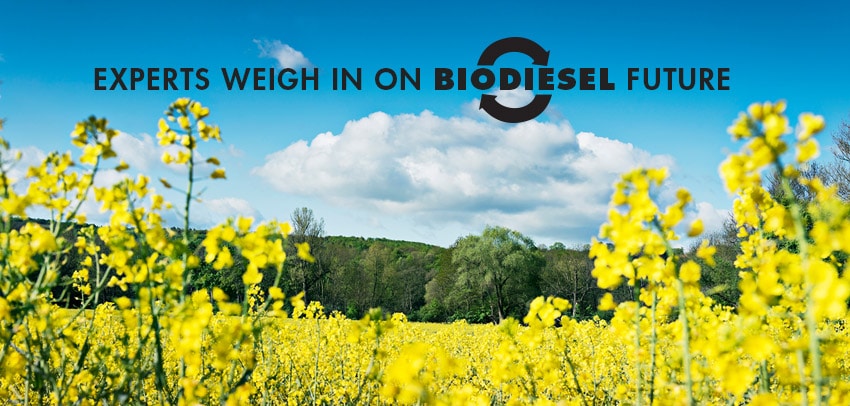- OUR APPROACH
-
COMMITTED TO YOUR SUCCESS
Our approach, developed over decades of experience, is fine-tuned to get the results you want.
We deliver concept-to-completion solutions, designed by temporary power specialists with access to the largest inventory of high-quality power generation and distribution equipment in North America.
-
- Equipment
-
RENTALS
From a wide range of diesel and natural gas generators to transformers, cable, light towers and more, our large rental fleet and extensive vendor network ensure we’ll have the temporary power equipment that your project requires — every time.
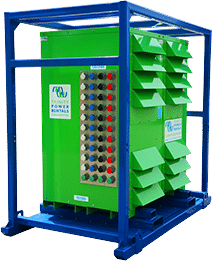
-
- Industries
-
INDUSTRIES WE SERVE
For nearly 20 years, we have been at work powering projects across Canada’s industrial sectors.
Select from this sampling of industries to learn how we can put our expertise to work for you.
VIEW ALL- Projects
- About
-
A PROUD HISTORY. A BRIGHT FUTURE.
From our inception in 1998, we have been building our team on a foundation of excellence. Our team members’ passion, expertise and commitment are what have allowed us to grow into a national company with projects across Canada.
Click on the links to learn more about our history, our team or our career opportunities.
- Blog
- Contact
-
From pipeline approvals to an unpredictable new U.S. administration, there are a lot of factors at play that will influence Canada’s energy sector this year.
It seems as though everyone is holding their breath, waiting to see how these factors will play out. To find some answers, we spoke with Nick Janssen, an engineer at Intelligent Energy Systems, an Alaskan renewable energy technology company, and Todd Van Vliet, President of Alberta-based Frac Shack, a company that aims to enhance the safety, efficiency and environmental impact of completion pads by providing automated refueling technology for hydraulic fracturing pumps.
These are Janssen and Van Vliet’s top picks for major energy sector influencers this year:
Donald Trump: Friend or Foe?
Both Janssen and Van Vliet express uncertainty about what Trump’s presidency could mean for Canadian energy. “It’s really too early to tell, because he has said a lot of things in his campaign that he can’t legally implement, never mind actually wanting to implement,” says Van Vliet. ”So the question then becomes, what can and should he do.” Janssen echoes this sentiment: “If he changed his mind two years from now, it wouldn’t surprise me one little bit.”
Uncertainty notwithstanding, the White House website has made clear Trump’s intention to scrap the Climate Action Plan, and heavily support the oil and gas and coal industries in the U.S.
“We’re worried about the availability for continually funding research and projects that help offset fossil fuels,” says Janssen of his work with renewables. If funding becomes more difficult to obtain, it could affect Canadian companies and research groups that partner with American organizations. “I know we partner with Canada a lot, so there could be some stifling there.”
Trump’s protectionist leanings could become an issue for many Canadian companies doing business across the border, not just those working in renewable energy.
Van Vliet sees deals that benefit America, to the detriment of her trade partners, as short-sighted. “Every deal has two winners,” he explains. “You have the buyer who wins and you have the seller who wins, and that is the basis on which the entire world economy is built… so for Trump to say, ‘I’m going to do a deal that only makes the U.S. happy,’ is a failure to recognize the benefits of bilateral trade.”
It remains to be seen whether Trump will approach trade negotiations with win-win deals in mind.
Pipelines: A Boon for Canadian Oil and Gas
According to Van Vliet, the number one factor affecting Canada’s energy sector is access to markets. “That basically means pipelines,” he explains. And there are several pipeline projects to keep an eye on. Most recently, Donald Trump signed an executive order approving the Keystone XL pipeline, an approval that Trudeau was quick to welcome, though the benefits to Canadian industry might not be as straightforward as they seem.
In November, Federal approval of the Kinder Morgan pipeline and Line 3 pipelines kept the ball rolling on those projects and raised hopes for further pipeline support. Van Vliet says that the successful completion of certain other pipeline projects would greatly benefit Canadian oil and gas as well: “If we can get a pipeline to tidewater in the east, that would be fantastic…If we can get line 9 reversal done, and get gas back up the pipe in Eastern Canada, that would be very beneficial for Canada, and for Eastern Canada in particular, because Alberta oil is cheaper than oil from other places.”
Technological Advances: Efficiency and Innovation
“Our oil and gas industry had two horrendous years,” says Van Vliet, “And coming out of those two horrendous years, there will be some structural changes in how we extract oil and gas from the ground, and how we process it. We need to get it done more efficiently.”
According to Van Vliet, automation has made big strides recently, and will continue to do so as the energy sector looks for more ways to cut costs and increase efficiencies. “We’re using a lot of remote sensing technology that we didn’t do even 5 years ago,” he explains. “We’re using a lot of SCADA data processing and gathering technology that we didn’t do, and the technology has changed. It’s more efficient, in terms of how we gather that information and process it.”
Van Vliet says that automation is impacting every aspect of the oil and gas industry, from drilling (”There are fewer hands required to drill more linear feet in less time, more accurately than ever before.”) to exploration to completion processes.
When it comes to renewables, Janssen believes that energy storage has the potential to make a big impact. “Just days ago, we turned in the final paperwork for an off-grid community in Western Alaska that is capable of going completely diesel-off now,” he recounts. “They’re using lithium-ion batteries to enable that technology.” While those batteries have a maximum capacity of around 65kW, which is much smaller than the capacity of the system, which includes 5 x 100kW wind turbines, the capacity of such batteries could increase, going forward. “It comes down to cost,” explains Janssen. “To add capacity — certainly you’ll be able to do that. I think the development of hybrid vehicles is really taking these lithium-ion batteries and making them marketable, affordable, economical. It really depends on where the electric vehicle market goes.”
Economic and Social Factors: Rebuilding Profits and Relationships
While they didn’t make our top three, there are several other important issues facing Canada’s energy sector. Van Vliet identifies social license to operate as something that Canadian energy companies must come to terms with. “We can’t have pipeline companies not monitoring their pipelines,” he says. “We have to protect people, we have to protect communities, we have to protect waterways, or else that social license to operate will evaporate.”
This point has been driven home by the difficulties faced by Canada’s pipeline proposals: the many protests and the significant resistance and distrust demonstrated by community members and leaders. ”Some companies have failed to get in front of that file,” says Van Vliet.
Another obvious issue is the economic downturn, which Van Vliet says is reversing, but slowly. “There are a couple of hot spots — [Texas, for example]. But I don’t think that other areas are going to be able to take the same advantage as the Permian Basin will,” he says. “There might be a few winners, but my guess is that recovery will probably be slower rather than faster.”
So what does this mean for Canadian oil and gas companies? “This is not a time for shotgunning new material or equipment or products or services,” advises Van Vliet. “This is a time for getting out your laser sights and focusing very clearly on specific sales targets, because there are a few pockets of good opportunity in the U.S.”
Moving Forward
While the issues facing Canada’s energy sector are numerous and wide-reaching, they present both challenges and opportunities. The economic downturn is slowly receding, opening up pockets of opportunity for the oil and gas industry; renewed investment in pipeline projects could contribute to economic growth and provide opportunities for rebuilding trust with affected communities; and innovative new technology is moving renewable energy forward and helping to make oil and gas processes cleaner and more efficient.
In other words, there’s more than a little room for optimism.
Related Articles
Subscribe for access to exclusive content
"*" indicates required fields



